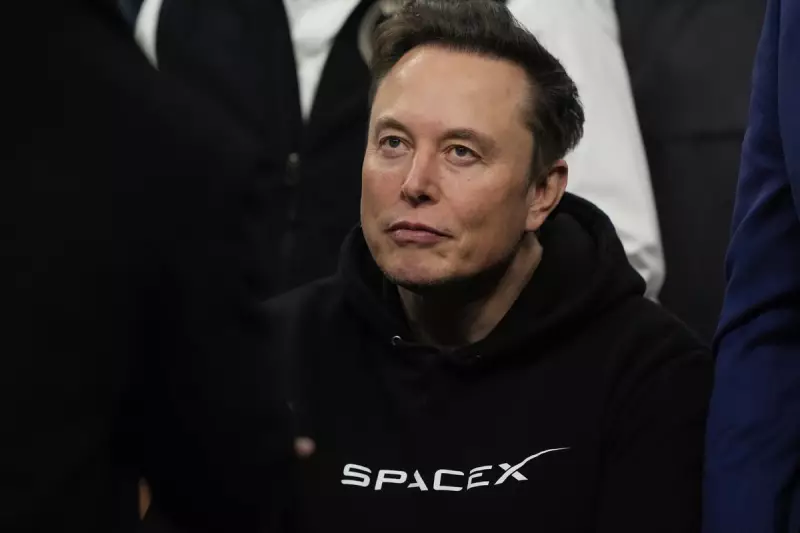
Electric vehicle titan Tesla, led by billionaire entrepreneur Elon Musk, is navigating turbulent legal waters in Norway as disgruntled customers take the automotive giant to court over performance limitations in their vehicles.
The Heart of the Legal Dispute
At the core of the controversy lies customer allegations that Tesla deliberately restricted vehicle performance through software updates, significantly impacting the driving experience and value of their premium electric cars. Norwegian owners argue these limitations were implemented without proper disclosure or consent.
Scandinavian Consumer Protection Under Spotlight
Norway, known for having some of the world's most robust consumer protection laws, presents a particularly challenging legal environment for Tesla. The case highlights the growing tension between rapidly evolving automotive technology and established consumer rights frameworks.
Key aspects of the legal challenge include:
- Allegations of undisclosed performance restrictions
- Claims of reduced battery charging capabilities
- Arguments about diminished vehicle value post-purchase
- Questions about software update transparency
Broader Implications for EV Industry
This legal confrontation extends beyond Tesla alone, potentially setting precedents for how software-dependent vehicles are regulated and how manufacturers communicate performance changes to customers. The outcome could influence consumer protection approaches across the European electric vehicle market.
The case represents another chapter in Tesla's complex relationship with Norwegian authorities and consumers, despite the country being one of the company's most successful European markets per capita.
What's at Stake for Tesla?
Beyond the immediate financial implications of potential compensation payments, Tesla faces reputational damage in a market that has enthusiastically embraced electric vehicles. Norway's progressive EV adoption policies make it a crucial testing ground for automotive innovations and consumer acceptance.
As the legal proceedings unfold, industry observers are watching closely to see how this case might influence future software update practices across the entire electric vehicle sector.





